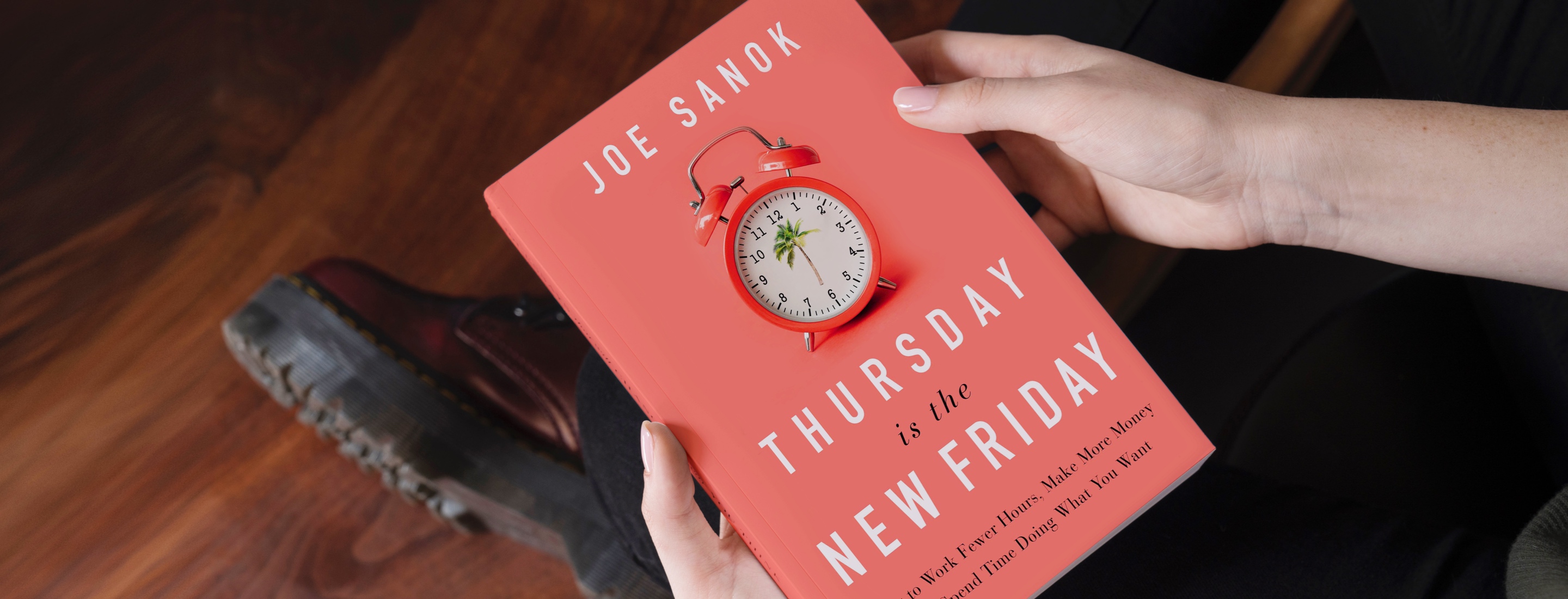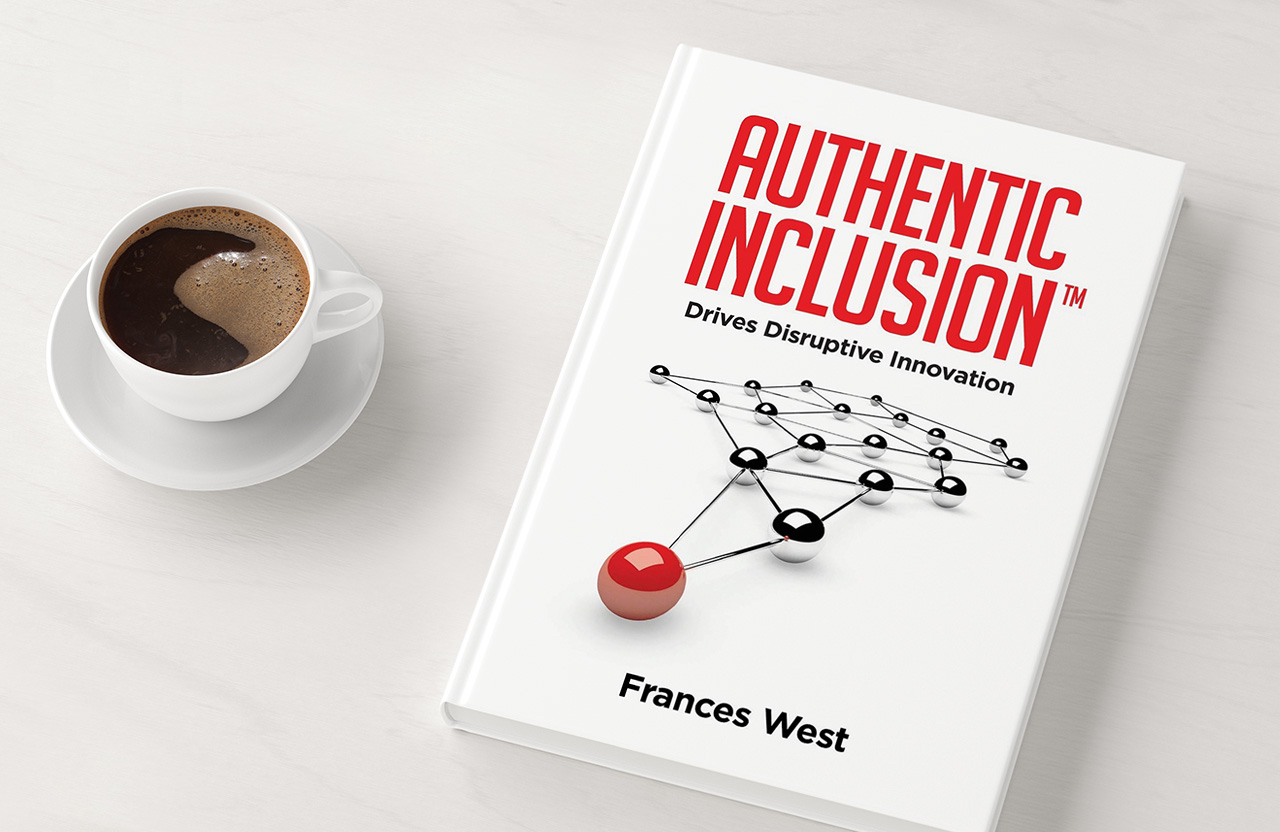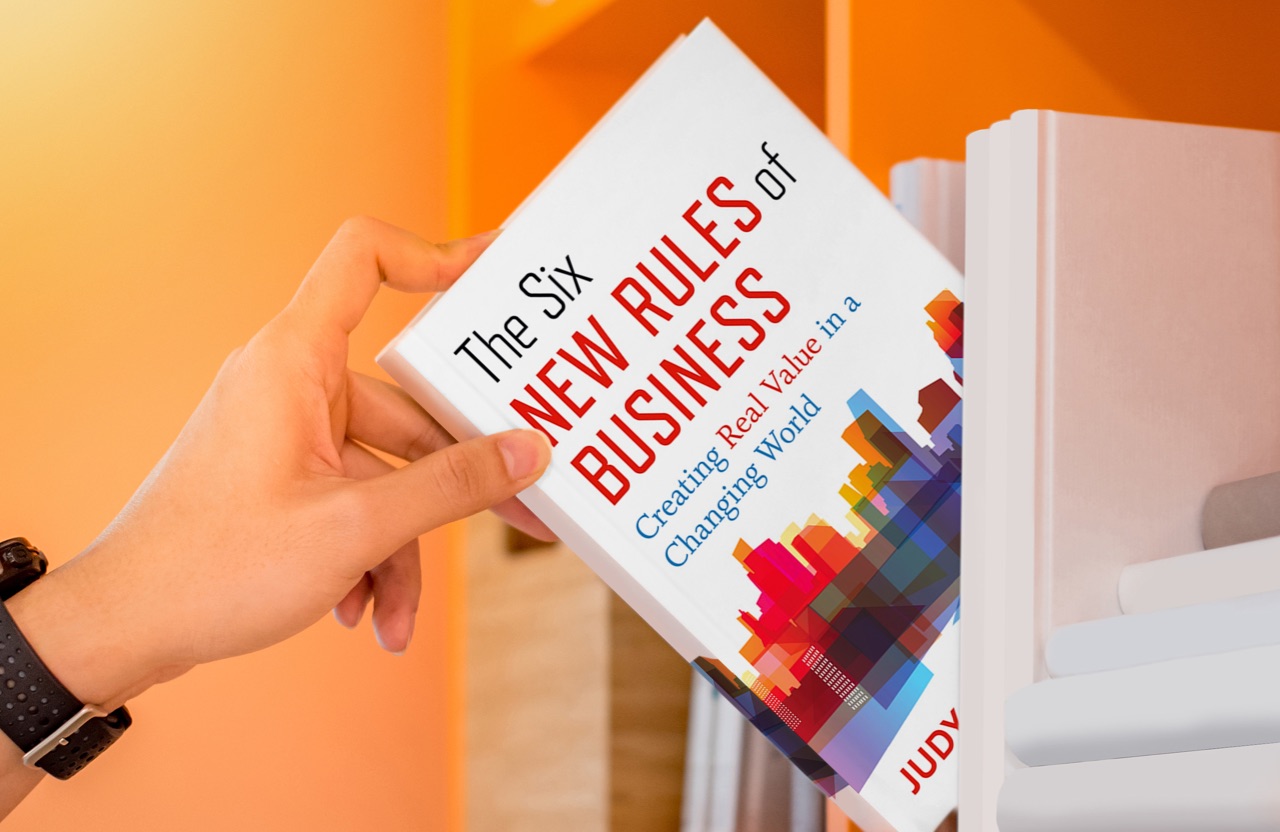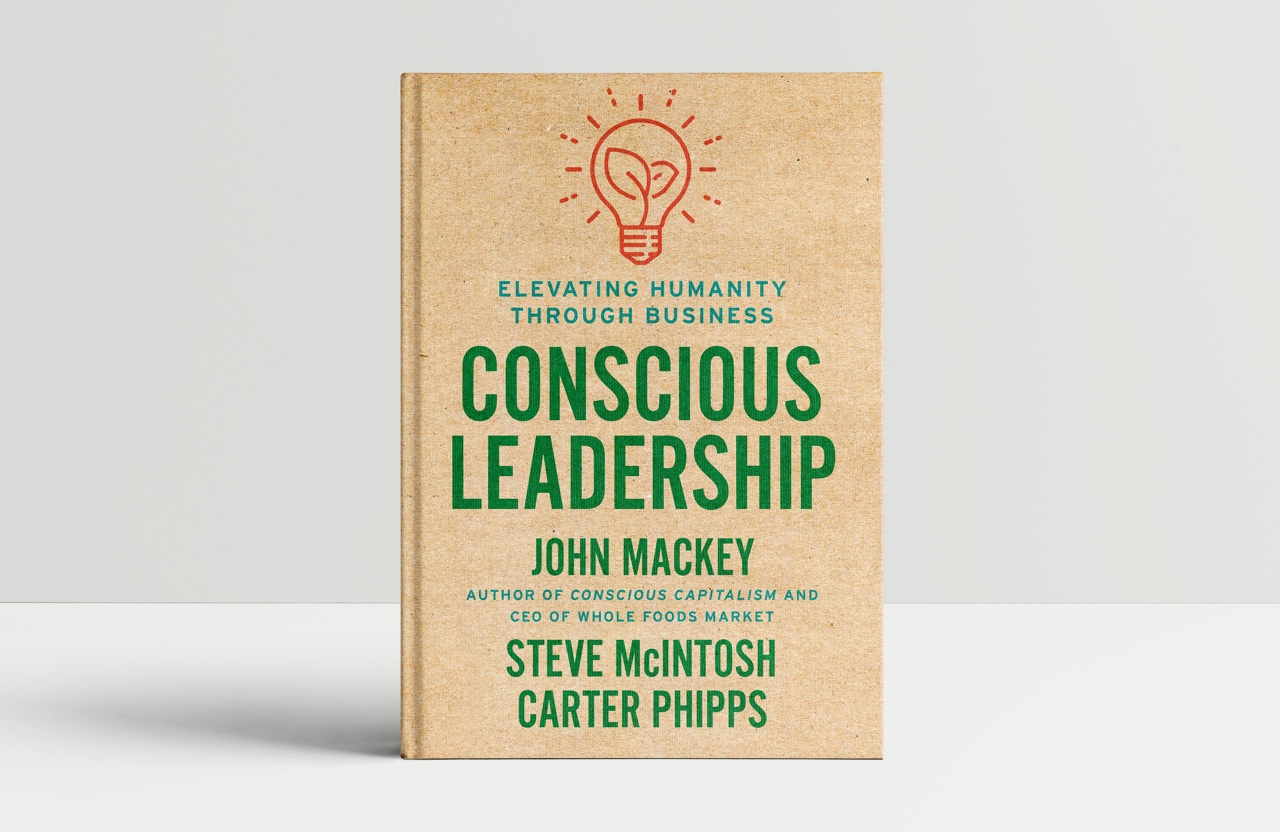PS: One of the revelations in your book was just how arbitrary the five-day, 40-hour week truly is. Can you to unpack the origins of that?
Sanok: In my research, I went back several thousand years to the Babylonians. The Babylonians had seven major kinds of celestial or astrological markers they valued. There was the sun, the moon, Earth, Mercury, Venus, Mars and Jupiter. And they said there's seven of them. Let's have a seven-day week. And then the Romans had a 10-day week. And then the Egyptians had an eight-day week. It wasn't until around 300, when the Roman emperor became a Christian that the seven-day week became a thing across the entire Roman empire. So it’s actually something that we made up.
Fast forward to the late 1800s, early 1900s and the average person was working 10 to 14 hours a day, six to seven days a week. They were working all the time. There were protests about wanting reduced hours, all sorts of things that really embroiled society until 1926, when Henry Ford realized that people were not going to buy a car to get to work faster; instead, they would buy a car for getting around on weekends when they had limited time. So he gave his own people a 40-hour week with the purpose of selling more cars to his own people. So less than a hundred years ago, again, we made it up.
Now we get to be that generation post-pandemic that asks, ‘what do we want to make up?’ Do we want to take these things we've inherited? Maybe we do. Changing a seven-day week can be pretty hard if we're looking at societal shift, but a 40-hour week, maybe that's something that we can say that's not as good for our society as we thought it was.
PS: You share some compelling stats in your book: Over a third of adults are chronically sleep deprived; people are spending less time in nature than in the past 30 years; 50 percent more people are reporting being “not too happy.” And as we all know, mental health issues are on the rise. Why is it important that we not only shift our own psyches but also shift the general cultural narrative around the value of the hustle?
Sanok: Do we really believe that deep down, companies only see us as machines that help their business? No. We talk about all sorts of nuances regarding the people on our teams and in our businesses – we no longer see them as just parts of a machine. We've given up the industrialist mindset, but the way we live doesn't reflect that. If I said to someone, ‘you should sleep in an extra hour on Saturday and Sunday because it’ll make you happier,’ they would automatically think that’s an hour of lost productivity. Let’s take some small steps to move away from that mindset and step into the new mindset where we start to see people finding happiness, better mental health outcomes, better sleep. That then leads into greater creativity and productivity.
PS: Can you talk about the notion of Parkinson’s Law?
Sanok: Parkinson's Law is the adage that work expands to the time given. Essentially, when we shorten the amount of time that we're given to work on things, we get things done faster. And we get that feedback loop faster, which is better for a number of different outcomes.
We know that neuroscience shows that we are most curious when we're not maxed out or stressed out, but when we slow down. We know that intuitively, when your mind is unoccupied – when you're taking a shower, when you're out for a run, maybe you're driving without the radio on – that your brain starts to come up with these creative ideas. What we need to do first is ask, ‘how are we allowing our teams to genuinely slow down,’ to be able to get into these flow states?
PS: For leaders of organizations, it's always challenging to figure out the best way to ignite creativity within teams. What are some ways to do that at scale?
Sanok: The way this often works is there will be a team of six to eight people from within a department, or they have a very similar job role. You don't want a team that has an accountant and a creative and a salesperson and a manager where they have very different kinds of KPIs or key performance indicators. And working with a specific supervisor, setting a plan to shift to a four-day week to boost creativity and productivity on the team. Then the small team does a couple of very important steps. First, they work with that supervisor on what are those two, maybe three KPIs that that team will be judged on. What are they already being judged on that we can just give some very clear numbers to? Secondly, as a team, they’ll want to talk through that culture. What are the rules for our team?
On Monday mornings, they’ll ask themselves, how did we do this week in terms of our boundaries? How do we need to adjust? It’s important that they give weekly updates to the supervisor along with their numbers and KPIs. That then all becomes a case where the supervisor can then say, here's the report. Here's the data. Here's what we found. Then they start to create this team culture where they can do a second experiment and hopefully long-term start to make some permanent changes within the organization.
PS: What are your thoughts on the “return to normal”?
Sanok: Anytime there's an end of an era, there's a messy middle. We're in that messy middle right now. If we view it from an evolutionary standpoint, the companies that do this well are going to thrive, they're going to attract top talent. They're going to have more creative folks. And those that stick with that industrial model most likely will fall off. Now, there's always going to be those people that hold on to the old model. We see that across the board, whether we look at religions or politics, or like any creative endeavors, the way things shift, even in the art world, when you see a new type of art emerge, there's people that hold onto the old way.
It will take time, but what's unique about right now is the fact that we have such great access to information and implementation. This is going to be a faster process for us than it was for Henry Ford. When people find that their employer is saying that you have to come back to the office five days a week, that’s a red flag. There are other options out there. And especially right now, it is an employee’s market where everyone's looking for great talent because of this mass exodus. So people can start to say, ‘what do I want personally?’ And ‘how does this company fit with that?’ ‘What flexibility do they offer?’ Top talent naturally will move toward those most flexible jobs that also value creativity and productivity. They won't have to sacrifice that.










